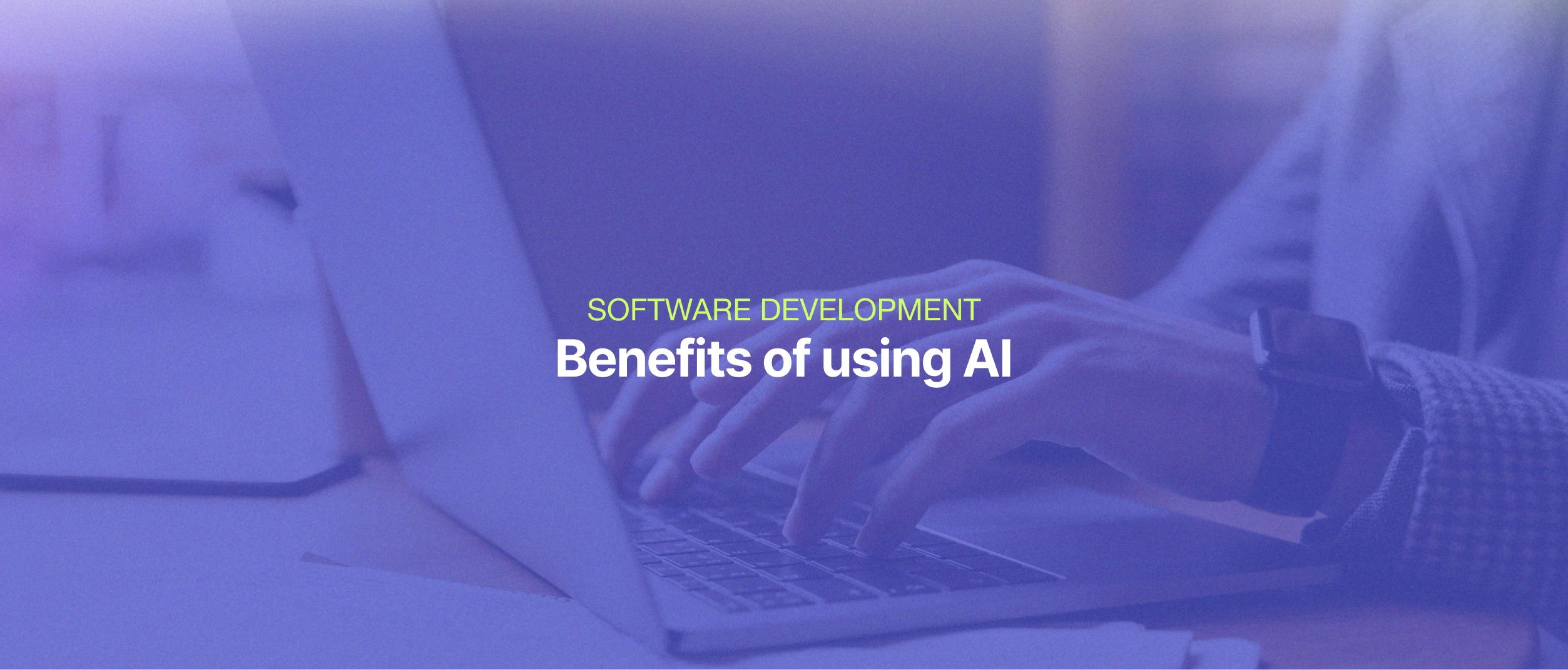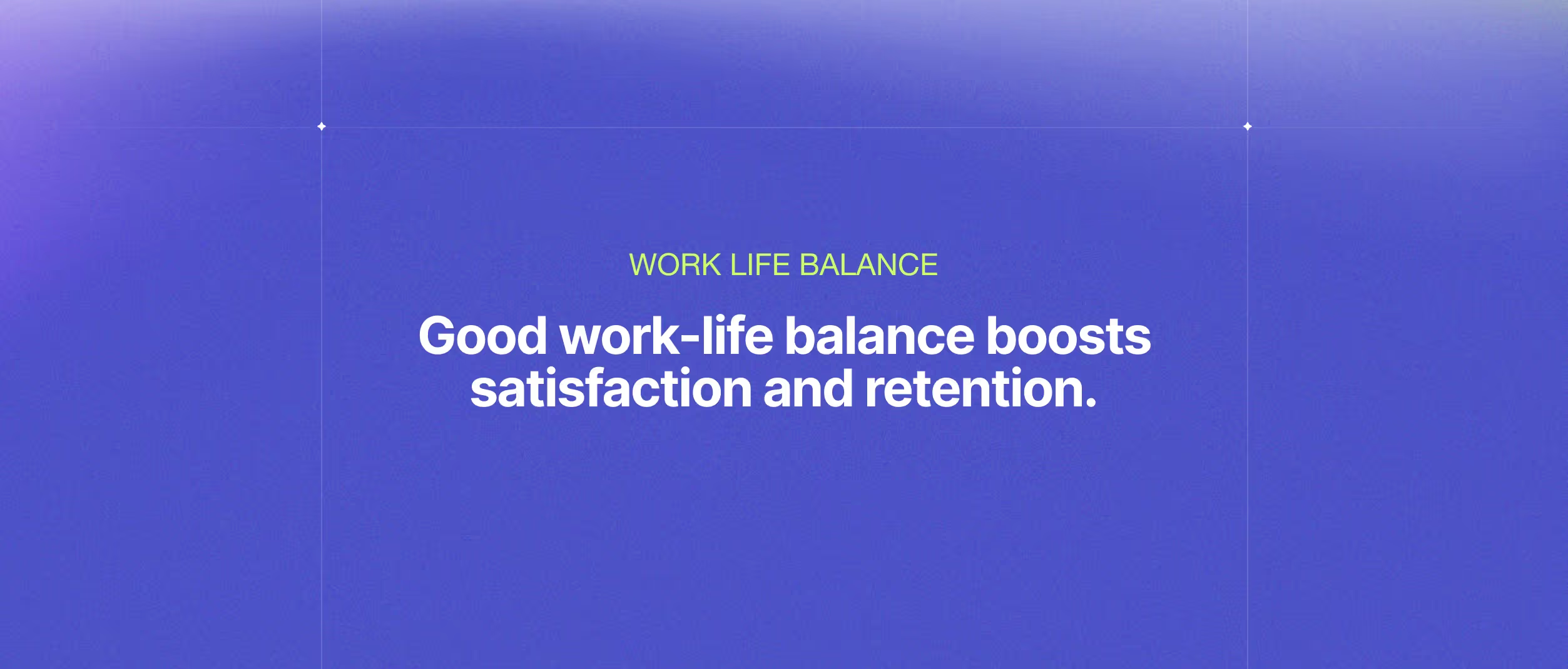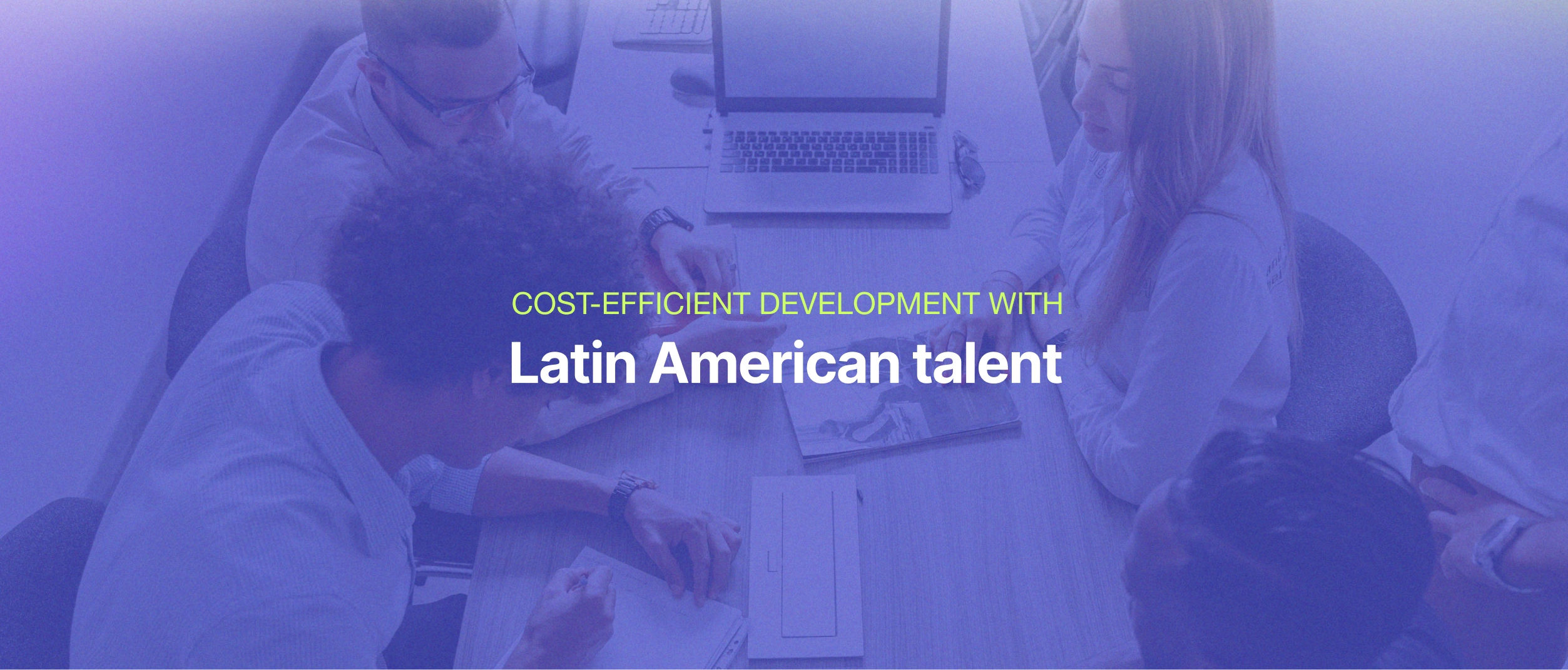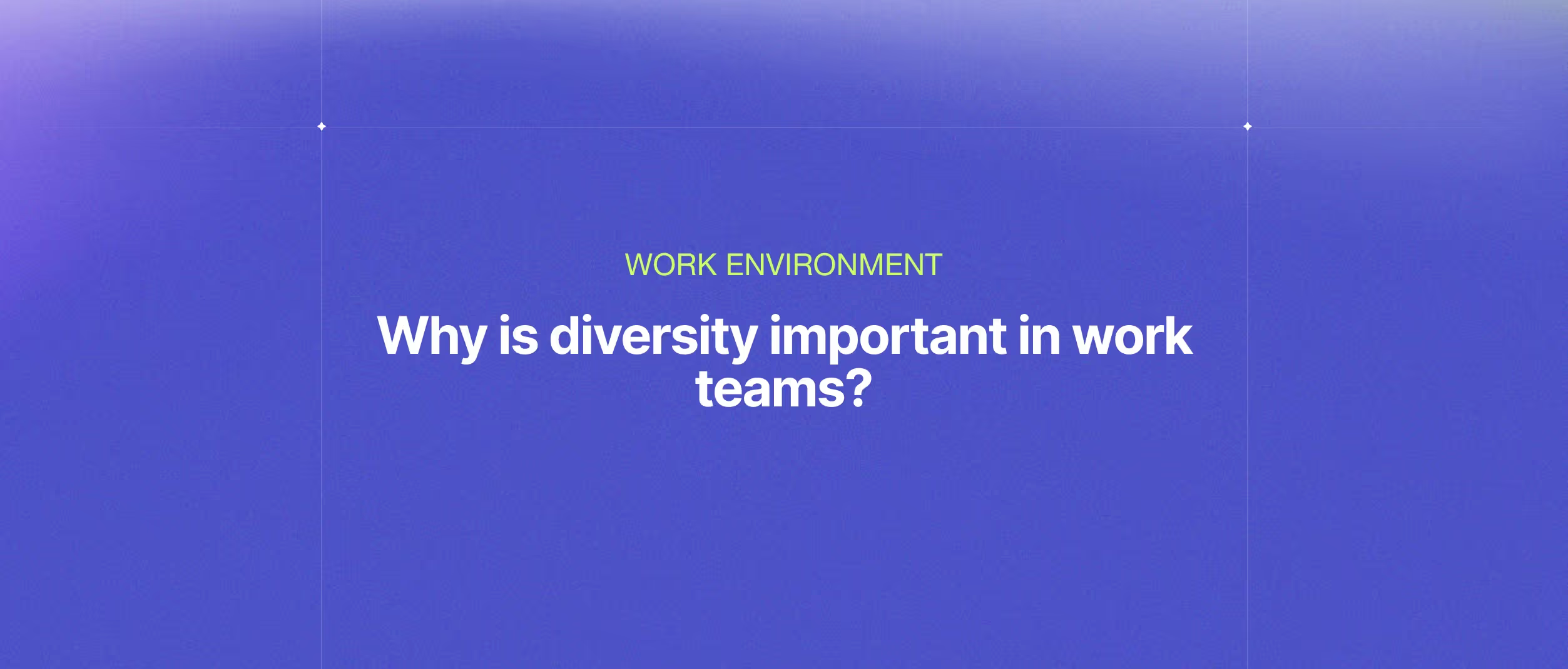The Rise of AI-Powered Software Development

Benefits of using AI in software development
There are many benefits to using AI in software development, including:
- Increased productivity and efficiency. AI can automate many time-consuming tasks like code review, testing, and deployment. This frees up engineers to focus on more creative and strategic work, such as designing new features and improving the overall architecture of software applications.
- Improved quality: AI can help improve software quality by identifying potential bugs and security vulnerabilities. It can also be used to generate tests and test data, which can help to ensure that software is thoroughly tested.
- Reduced costs: AI can help reduce software development costs by automating tasks that would otherwise require manual labor. It can also help to reduce the number of bugs and defects in software, leading to lower maintenance costs.
- Enhanced innovation: AI can help software engineers to be more innovative by providing them with new tools and techniques for developing and deploying software. For example, AI-powered code generation tools can help engineers to generate code more quickly and easily, and AI-powered testing tools can help them identify and fix bugs more quickly.
Examples of AI-powered tools in software development
There are many AI-powered tools being used in the software development industry today.
Some examples include:
- Code completion tools: These tools can suggest code to engineers as they are typing, which can help them to write code more quickly and accurately.
- Code review tools: These tools can help engineers to identify potential bugs and security vulnerabilities in their code.
- Testing tools: These tools can help engineers to generate tests and test data and to identify and fix bugs in their code.
- Deployment tools: These tools can help engineers to deploy their code to production more quickly and reliably.
- Continuous integration and continuous delivery (CI/CD) tools: These tools can help engineers automate the entire software development lifecycle, from code development and testing to deployment.
How software engineers can prepare for the future of AI-powered development?
We, as software engineers, can do several things to prepare for the future of AI-powered development. I would suggest doing some learning about what AI is to develop new skills in areas such as data science and machine learning. This will help them to develop and use their own AI-powered tools. Several online courses and tutorials are available on data science and machine learning. And, of course..
Embrace change Software engineers should be open to change and be willing to adopt new AI-powered tools and technologies. The software development landscape constantly changes, and AI is one of the most critical trends driving change.
Case studies: Who is using AI to develop?
Several companies are already using AI-powered tools to improve their software development processes. For example, Google is using AI to automate the code review process for its Android operating system. This has helped Google to reduce the time it takes to release new versions of Android by up to 50%.
Another example is Microsoft, which uses AI to power its Azure DevOps platform. Azure DevOps helps software engineers to automate their software development lifecycle, from code development and testing to deployment. AI-powered features in Azure DevOps, such as code completion and code review, help engineers to be more productive and efficient.
Conclusion
AI is rapidly transforming the software development industry. AI-powered tools are helping software engineers to be more productive and efficient and produce higher-quality software. Software engineers who embrace AI will be well-positioned to succeed in the future.
Future trends
Looking to the future, we can expect AI to play an even more significant role in software development. For example, we can expect AI-powered tools to develop new software development methodologies, such as AI-powered agile development and AI-powered DevOps.
We can also expect to see AI being used to develop new types of software applications, such as AI-powered self-healing software and AI-powered software that can adapt to changing user needs.
Other trends we can see are..
- AI-powered code generation: AI-powered code generation tools will become more sophisticated and capable, generating code from natural language descriptions, design specifications, and even existing codebases. This will allow software engineers to focus on more creative and strategic work and to develop software more quickly and efficiently.
- AI-powered debugging: AI-powered debugging tools will become more effective and able to identify and fix bugs in code more quickly and accurately than traditional human-based debugging methods. This will help improve software quality and reduce the time it takes to develop and release new versions.
- AI-powered testing: AI-powered testing tools will become more sophisticated, able to generate more comprehensive test suites and identify bugs that would be difficult or impossible to find using traditional testing methods. This will help improve software quality and reduce the risk of defects reaching production.
- AI-powered continuous integration and continuous delivery (CI/CD): AI-powered CI/CD pipelines will automate the entire software development lifecycle, from code development and testing to deployment. This will help software teams to release new features more frequently and reliably.
- AI-powered DevOps: AI will be used to power new DevOps tools and methodologies, such as AI-powered incident management and AI-powered performance monitoring. This will help DevOps teams to be more proactive and efficient in managing their software infrastructure and applications.
In addition to these specific trends, AI is also expected to have a more general impact on software development. For example, AI will be used to develop new software development methodologies, such as AI-powered agile development and AI-powered DevOps.
AI will also be used to develop new types of software applications, such as AI-powered self-healing software and AI-powered software that can adapt to changing user needs.
Overall, the rise of AI-powered software development is an exciting trend that has the potential to revolutionize the way that software is developed and used. Software engineers who embrace AI will be well-positioned to lead the way into this new era of software development.
Other Blog Posts

Work-Life Balance: The Solution to High Turnover of Software Engineers?

Why hire Latin American Developers for your business?







